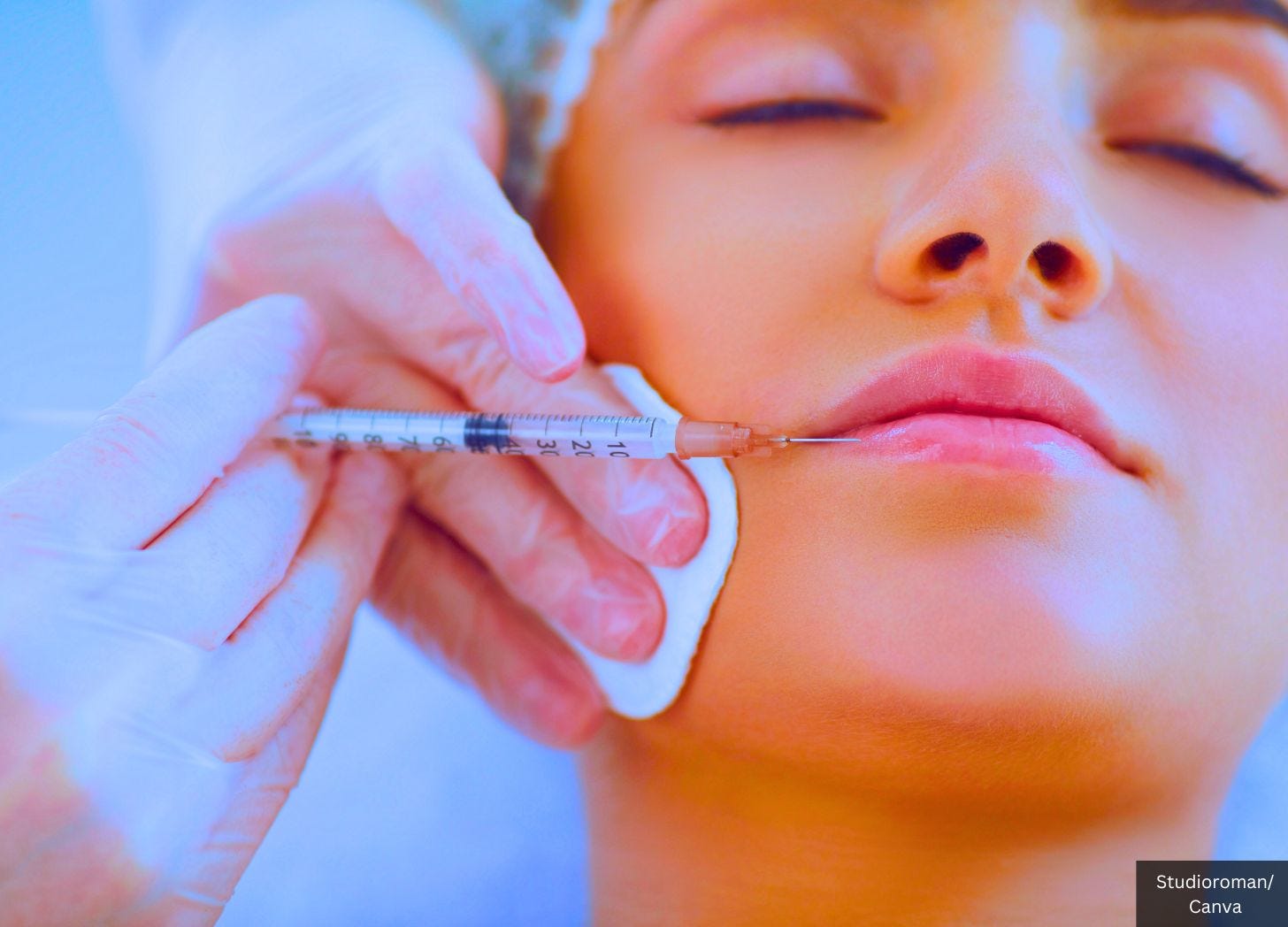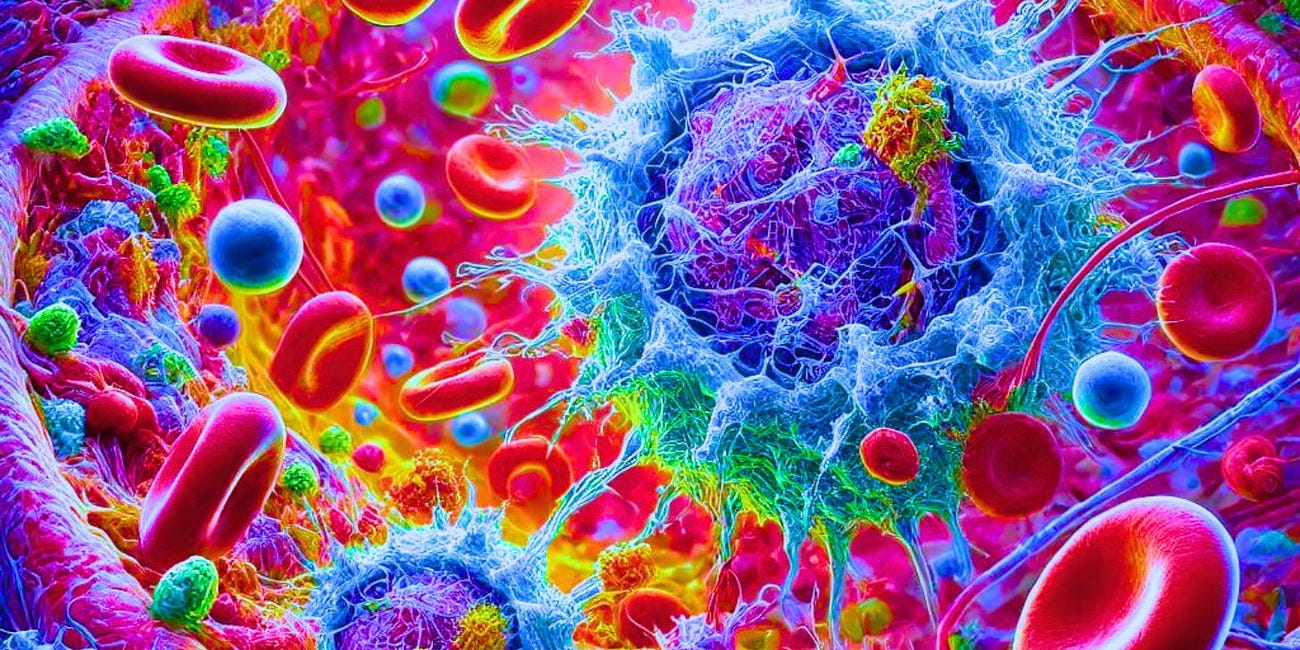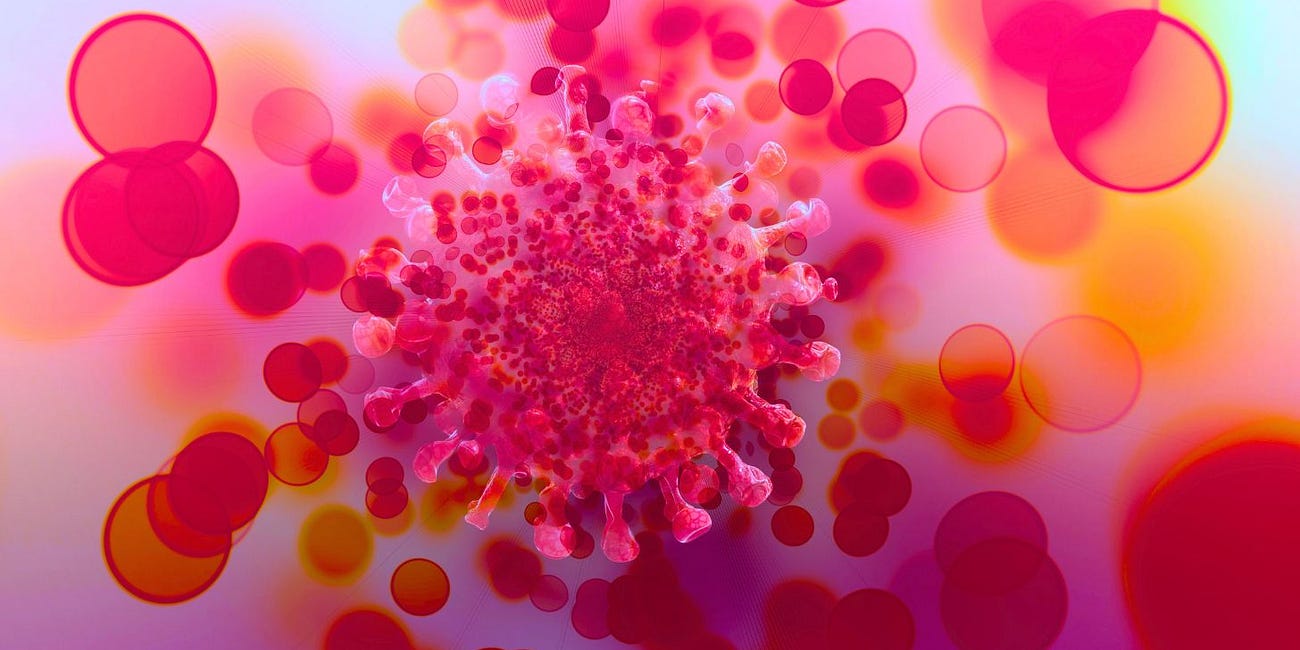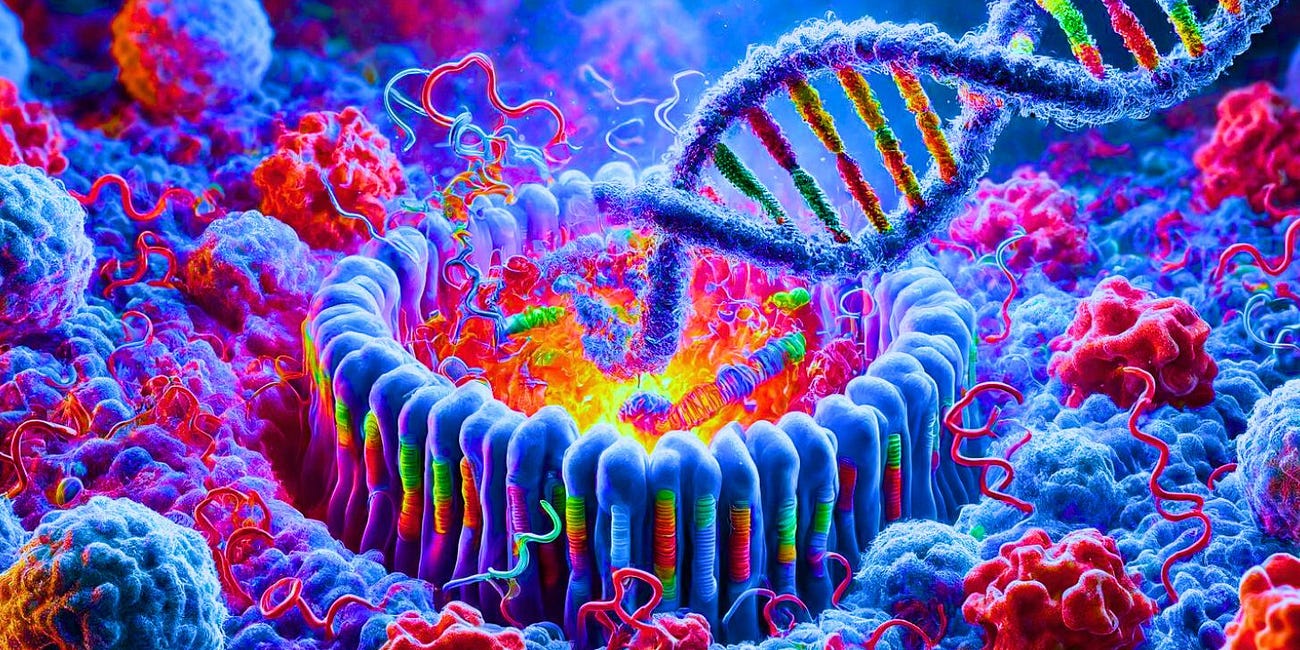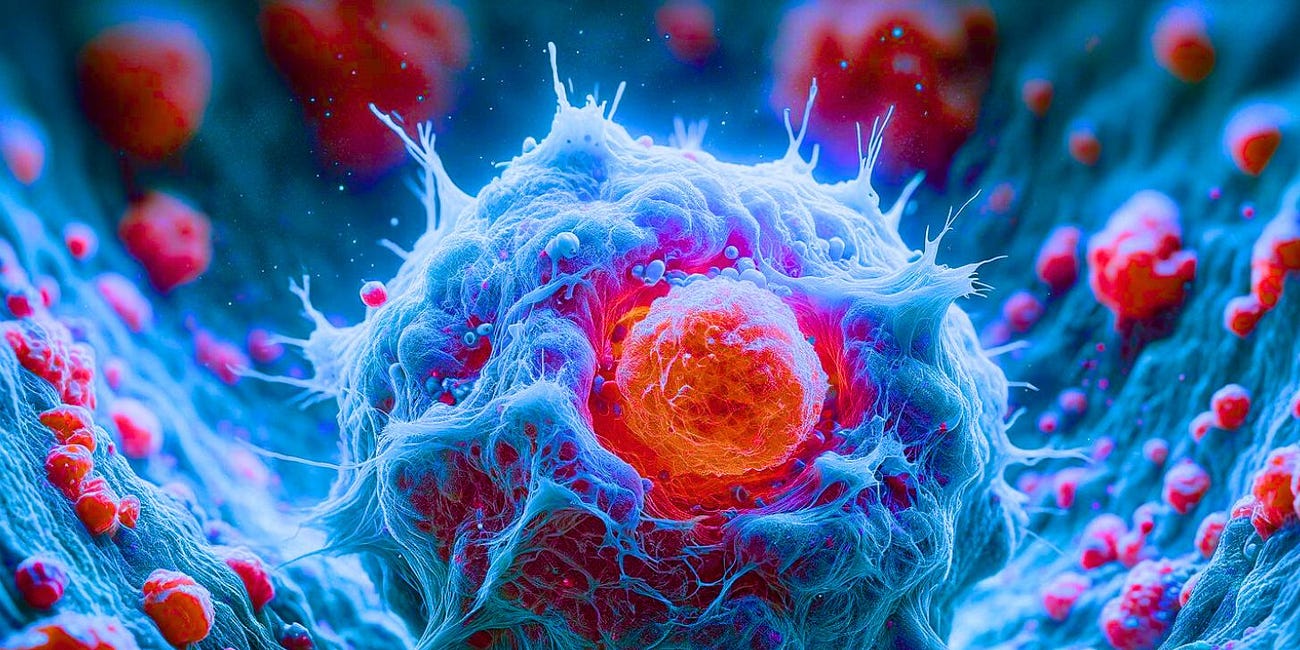Botox Injection Allergic Reactions Following mRNA COVID-19 Jab: Journal 'Aesthetic Plastic Surgery'
"Within an average time of 24 h after BTX-A injection, all patients developed progressive facial swelling and erythema that were more prominent at the injection points," according to the study.
A brand new article published Wednesday in the peer-reviewed international journal Aesthetic Plastic Surgery confirms allergic reactions to cosmetic BTX-A (Botulinum Toxin Type-A) occur following mRNA COVID-19 jab administration.
Follow Jon Fleetwood: Instagram @realjonfleetwood / Twitter @JonMFleetwood / Facebook @realjonfleetwood
Allergic reactions can occur with cosmetic botulinum toxin type A (BTX-A), the ingredient found in Botox.
The new study reports cases of such reactions after receiving an mRNA COVID jab.
“We report the largest case series of temporary delayed hypersensitivity reaction (DHR) with BTX-A following COVID-19 vaccination and the first cases to incobotulinum toxin A (incoBTX-A),” the study authors write.
Pfizer Inc.’s safety data—only made available by order of a Texas federal judge—show the company and the U.S. Food & Drug Administration (FDA) were aware that hypersensitivity was linked to the shot before making it available to the public.
Twelve patients, mostly women aged 29-45, had facial treatments with BTX-A after receiving COVID shots.
“Ten (83.3%) were female. Ten (83.3%) patients received incoBTX-A, and two received onabotulinum toxin A (onaBTX-A). All patients had COVID-19 vaccination (mRNA vaccine) between 1 and 7 months before,” the study reads.
“The injection points were distributed over the upper third of the face, including the glabella, forehead, and crow’s feet.”
Ten patients received incoBX-A (BTX-A 150 kDa): Bocouture® (Merz Pharma, Spain, S.L.) in cases #1 and 4, and Xeomin® (Merz Pharmaceuticals GmbH, Frankfurt, Germany) in cases #2, 3, 5-10.
The remaining two patients (16.7%, cases #11 and 12) were injected with onabotulinum toxin A (onaBTX-A): Botox ® (allergan Pharmaceuticals, Ireland).
All had swelling and redness on their faces within 24 hours.
“Within an average time of 24 h after BTX-A injection, all patients developed progressive facial swelling and erythema that were more prominent at the injection points,” according to the study.
Follow Jon Fleetwood: Instagram @realjonfleetwood / Twitter @JonMFleetwood / Facebook @realjonfleetwood
Significantly, all patients had previously undergone the same type of BTX-A injections, but without evidence of any adverse reactions.
Moreover, none of them had a history of previous hypersensitivity reactions, and “all denied any history of injuries, use of medications, trauma, insect bites or exposure to new environmental agents in the days before and when the BTX-A injection was performed.”
All patients had received the Pfizer-BioNTech mRNA COVID jab between one and seven months before the last BTX-A injection.
Patients were treated with corticosteroids and antihistamines.
The authors link the negative reaction to the COVID shot and warn clinicians to be aware of the phenomenon.
“Previous COVID-19 vaccination and the absence of new adverse events with further BTX-A injections suggest a temporary DHR,” they write. “Clinicians should be aware of the importance of immunization history and its potential post-vaccine immunogenic effects with BTX-A.”
After one year without receiving another COVID vaccination, all patients resumed cosmetic treatment with BTX-A injections, “with no new hypersensitivity reactions nor other complications.”
The authors argue the COVID jab may trigger an immune response against Botox, causing allergic reactions and reducing its effectiveness.
“A review of the literature suggests that the COVID-19 vaccine has an immunogenic nature which favors the assembly of an immune response against BTX-A,” they write. “In that regard, the immune-mediated hypersensitivity reaction would be responsible for the local and systemic inflammatory effects, which in turn would explain the absence of the muscle block effect in all of our cases. However, further immunoserological studies are needed to confirm the generation of neutralizing antibodies against BTX-A.”
Follow Jon Fleetwood: Instagram @realjonfleetwood / Twitter @JonMFleetwood / Facebook @realjonfleetwood
COVID Jab Spike Protein Linked to 'Life-Threatening' Immune Disorder Causing Severe Inflammation: Journal 'Infectious Disorders - Drug Targets'
A Monday publication in the peer-reviewed medical journal Infectious Disorders - Drug Targets confirms the link between the spike protein that the COVID-19 jab forces the body to produce and the immune disorder Macrophage Activation Syndrome (MAS).
Top Vaccinologist Admits Vaccines Are Not Properly Tested for Safety: 'The New England Journal of Medicine'
In a groundbreaking revelation, vaccinologist Dr. Stanley Plotkin, the widely recognized inventor of the rubella vaccine, and his colleagues have conceded significant gaps in vaccine safety studies.
COVID Jabbed Face 37% Reduced Life Expectancy and Higher All-Cause Death Risk Compared to Unjabbed: Journal 'Microorganisms'
A study published last weekend in the peer-reviewed, open-access scientific journal Microorganisms has brought to light significant concerns regarding the safety and effectiveness of COVID-19 shots. Conducted by Marco Alessandria and colleagues, the study critically analyzed all-cause mortality during COVID inoculation campaigns in the Italian province …
COVID-19 Jab mRNA and Spike Protein Stay in Human Tissue Longer Than Expected: Journal 'British Pharmacological Society'
A new review article published Wednesday in the journal British Pharmacological Society confirms COVID-19 jab mRNA can last up to a month in the body, and spike proteins can persist over six months, potentially causing cardiotoxicity and immune response issues, with ingredient N1-methyl-pseudouridine (m1Ψ) contributing to these risks.
COVID Jab Spike Protein Remains in Body 'Up to 245 Days'—Not a 'Few Weeks' as Health Authorities Claimed: Journal 'MedRxiv'
A March publication in the peer-reviewed medical journal MedRxiv confirms that the spike protein produced by cells after mRNA COVID-19 injection remains in the body for “up to 245 days,” contradicting claims from mainstream health authorities.
Pfizer COVID Jab's Dangerous DNA Impurities 'Exceed the Permitted Limit Value' by 'More Than 500 Times': Peer-Reviewed Journal 'Methods and Protocols'
A new study published this month in MDPI’s peer-reviewed Methods and Protocols confirms Pfizer Inc.’s COVID-19 injection contains in some cases “more than 500 times” the permitted limit of potentially cancer-causing DNA contamination.
COVID Spike Protein—Present in Pfizer, Moderna mRNA Jabs—Helps Cancer Cells Survive Chemotherapy: Brown University Study Preprint in 'BioRxiv'
Brown University researchers posted a preprint study last month in BioRxiv, an open-access preprint repository for the biological sciences, confirming that the SARS-CoV-2 spike protein interferes with the effectiveness of chemotherapy treatment for cancer.
mRNA COVID Jab Ingredient N1-Methyl-Pseudouridine (m1Ψ) 'Stimulated Cancer Growth and Metastasis': 'International Journal of Biological Macromolecules'
A new study published earlier this month in the International Journal of Biological Macromolecules confirms that an ingredient in mRNA COVID-19 injections called N1-methyl-pseudouridine (m1Ψ) increases cancer growth and spread.




